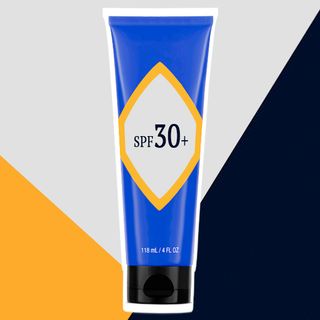A new study has found gluten-free food products aimed at kids aren’t any more healthy than normal processed snacks, despite popular belief.
“It is important to unsettle the assumption that [gluten-free] food equals healthy, which has functioned as an excellent sales tool for the food industry, but does little to support public health,” wrote Charlene Elliott, Ph.D., in Pediatrics, the journal of the American Academy of Pediatrics.
Gluten-free foods are meant for children suffering from celiac disease, a condition in which consuming gluten leads to small intestinal damage. However, today, many consumers who purchase gluten-free foods do not have celiac disease, but rather, they assume gluten-free foods are healthy and will help them lose weight.
Dr. Elliott debunks this belief after studying the nutrition labels of 374 popular packaged foods that target children, not including junk foods such as candy and potato chips. Using the Pan American Health Organization Nutrient Profile Model, she measured nutrition levels in each product, 18% of which claimed to be gluten free.
Of the gluten-free kids’ products, she found 88% lack nutritional value, while 97% of regular food products were unhealthy. Both groups of foods had high sugar levels.
In another analysis, 43 food stuffs such as cereal, fruit snacks and pastas, were compared in gluten-free and regular versions. Once again, about 88% of gluten-free products had low nutrition levels, while 93% of the regular versions of the same product. Gluten-free versions typically had higher levels of free sugars, fats and trans fats than regular versions of the same product.
The takeaway? Processed food is unhealthy, regardless of whether it contains gluten.
“The health halo often attributed to [gluten-free] is not warranted, and parents who substitute GF products in place of their product equivalents (assuming GF products to be healthier) are mistaken,” she wrote. “Parents of children with gluten intolerance and/or sensitivity, along with parents purchasing GF for other health reasons, need to carefully assess product labels when making purchases.”




